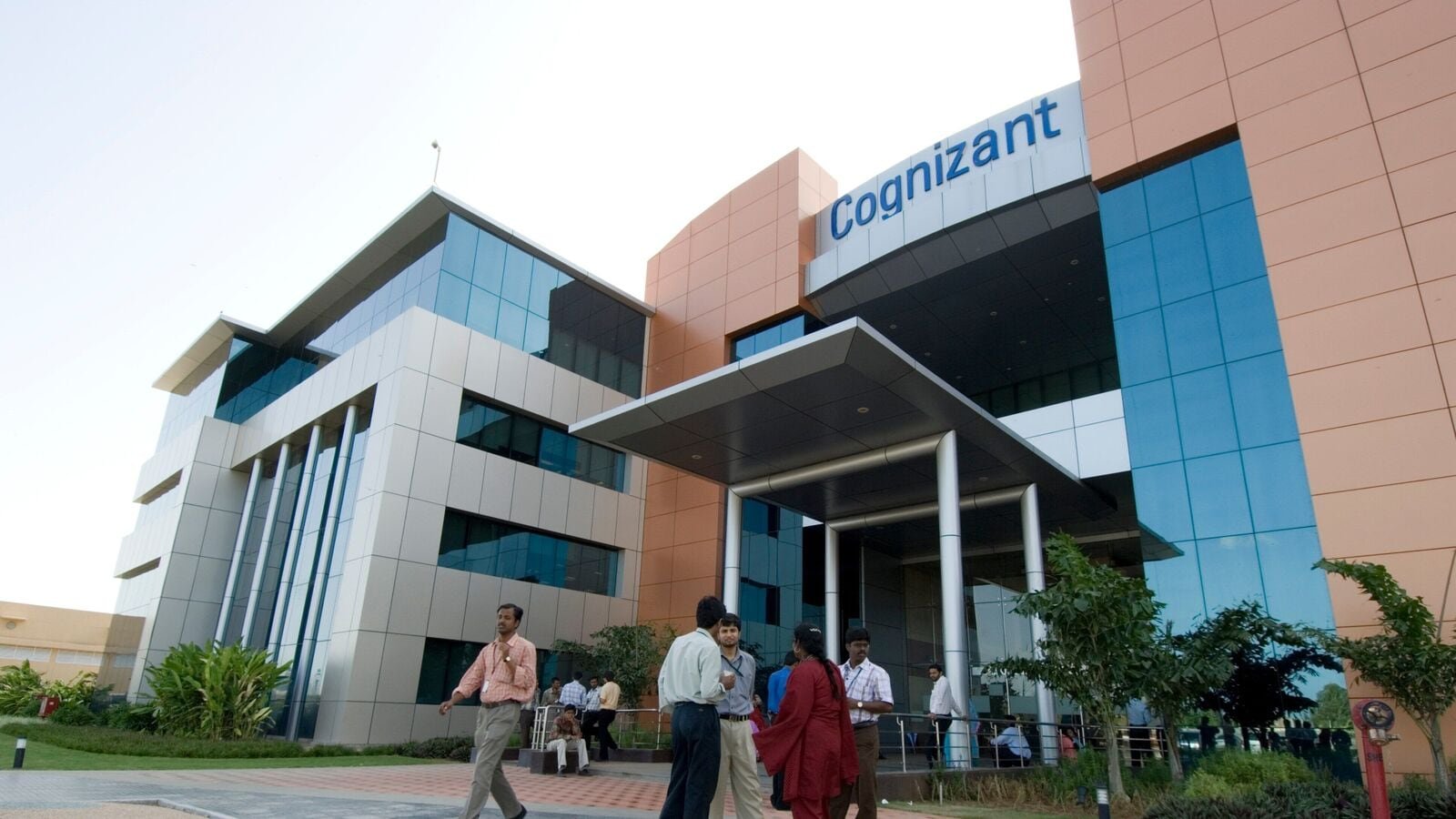Cognizant’s reply, made in a Dallas court filing on 7 February, comes a little more than a month after Infosys countersued Cognizant, stating its CEO Ravi Kumar S. had delayed the rollout of Infosys’s own healthcare software product while he was a president at Infosys and negotiating for a job with Cognizant.
Infosys veteran Ravi Kumar had quit in October 2022, and joined Cognizant as CEO in January 2023. The dispute flared in August 2024 when Cognizant alleged that Infosys had stolen its trade secrets from TriZetto. Infosys rejected the allegation in a 9 January filing, adding information about Cognizant’s healthcare solutions were public. It has also asked the Dallas court to compel Cognizant to properly identify the trade secrets in question.
In its 22-page court response, Cognizant said, “Infosys was caught red-handed misappropriating TriZetto trade secrets that Infosys originally had access to through non-disclosure and access agreements (NDAAs).” It said Infosys refused to allow an audit of Infosys’s use of TriZetto information, which would prove its case and also shed light on the specifics of the allegedly stolen trade secrets that Infosys desired.
Read more: Japan’s KYB Corp exits its 51% stake in JV with Conmat Group
“When confronted, Infosys obfuscated to the maximum extent possible, asking TriZetto to simply trust, based on nothing, that there had been no wrongdoing. When TriZetto refused to take Infosys at its word and demanded an audit of Infosys’s use of TriZetto’s information, as explicitly permitted under the NDAAs for any reason (much less rampant trade secret misappropriation), Infosys refused to comply,” read Cognizant’s reply.
Emails sent to Infosys and Cognizant went unanswered. While Cognizant is represented by Gibson Dunn & Crutcher LLP, a Los Angeles-based law firm, Infosys is represented by Jenner & Block LLP, a Chicago-based law firm.
This acrimony between two of the world’s largest service providers is likely to draw shareholders’ attention as the war of words unfolds.
Cognizant, which follows a January-December accounting year, reported $19.7 billion in revenue last year whereas Infosys, which follows an April-March financial year, got $18.6 billion in full-year revenue at the end of March 2024. Both compete in the healthcare services space. While Infosys gets about 7.5% or $1.4 billion of its full-year revenue from clients in the life sciences sector, Cognizant gets almost a third, or $5.9 billion from clients in this space.
For now, the Teaneck, New Jersey-based company asked the Dallas court to dismiss Infosys’s plea.
“For the foregoing reasons, TriZetto respectfully requests that the Court deny Infosys’s motion in its entirety, and order that Infosys produce all documents it is withholding on the basis that TriZetto has not yet sufficiently identified its trade secrets,” said Cognizant.
But how did the situation get here?
Cognizant said that Infosys sought to “cover up its misconduct” by asking the Dallas court to block discovery of its alleged trade secret theft. This, when both parties were in talks.
“For Infosys’s procedural failure alone, this court should deny the motion,” read Cognizant’s reply.
Cognizant further countered Infosys’s claim that it was not specifying its trade secrets. Cognizant argued that it was not obligated to specify the stolen trade secrets and that the premise under which Infosys sought specificity was without 12-years old and overruled by another ruling.
Cognizant then underlined the legality of its audit request.
“Infosys asserts that TriZetto’s discovery requests amount to an improper “fishing expedition.” The reality is that, even independent of this lawsuit, TriZetto is contractually entitled under the NDAAs to audit Infosys’s business records to determine what TriZetto information Infosys has in its possession, who at Infosys has access to that information, and whether that information has been used in an unauthorized manner,” said Cognizant.
Cognizant said that Infosys signed seven non-disclosure agreements while giving it access to the TriZetto software that included certain key information such as trade secrets. The company added that Infosys gave unauthorized access of Trizetto’s confidential information to a “senior Infosys employee,” which it later called out to be a “senior technology architect” to build a competing software product.
“Infosys now complains that TriZetto’s trade secret identification is too “broad,” but Infosys cannot have it both ways—demanding that TriZetto provide further specificity regarding what Infosys misappropriated, while at the same time unlawfully concealing the information TriZetto would need to provide such additional specificity,” Cognizant added.
Cognizant said it had identified seven broad categories of information and trade secrets within these categories. These include TriZetto’s proprietary software, including Facets and QNXT, and the workflows and functionality; the source code, technical documentation; Test cases for testing the software; Interfaces, connectors and adaptors and the tools used for creating them; terms of the contracts between TriZetto and its clients, including the pricing for TriZetto products and services; and technical documentation related to each item previously listed.
Cognizant added that Infosys has not challenged the misappropriation claims despite calling them speculative.
“Although Infosys argues that TriZetto’s misappropriation claims are based on “speculation” (Mot. at 4), Infosys did not move to dismiss TriZetto’s trade secret claims on the basis that TriZetto failed to adequately allege acts of misappropriation. See generally Dkt. No. 33. Nor could it, as there is direct evidence of misappropriation. Indeed, it would have been impossible for Infosys to develop the QNXT Adaptor or test cases for Facets without access to and use of TriZetto’s trade secret information,” said Cognizant to back its claims.
Cognizant acquired Trizetto in 2014 for $2.7 billion, making it the company’s largest acquisition. By virtue of this acquisition, Cognizant got ownership of QNXT and Facets, softwares that provide administrative solutions in the healthcare space.
Read more: Skoda consignments won’t be stopped over $1.4 bn tax dispute: Govt to Bombay HC

